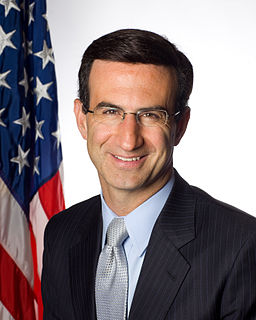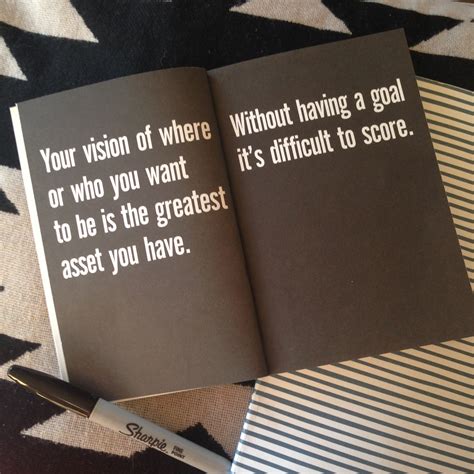A Quote by Rosabeth Moss Kanter
People who are making decisions about the future often don't have access to some of the best ideas in the company, which may be at the periphery or at lower levels.
Related Quotes
If your cash is about to run out, you have to cut your cash flow. CEOs have to make those decisions and live with them however painful they may be. You have to act and act now; and act in the best interest of the company as a whole, even if it means that some people in the company who are your best friends have to work somewhere else.
Risks are a measure of people. People who won't take them are trying to preserve what they have. People who do take them often end up having more. Some risks have a future, and some people call them wrong. But being right may be like walking backwards proving where you've been. Being wrong isn't in the future, or in the past. Being wrong isn't anywhere but being here. Best place to be, eh?
The human experience can almost be summed up in the observation that, whereas all decisions are of the past, all decisions are about the future. The image of the future, therefore, is the key to all choice-oriented behavior. The character and quality of the images of the future which prevail in a society is therefore the most important clue to its overall dynamics.
In their zeal for particular kinds of decisions to be made, those with the vision of the anointed seldom consider the nature of the: process: by which decisions are made. Often what they propose amounts to third-party decision making by people who pay no cost for being wrong-surely one of the least promising ways of reaching decisions satisfactory to those who must live with the consequences.
History reminds us that revolutions are not events, so much that they’re processes – that for tens of thousands of years, people have been making decisions that irrevocably shaped the world that we live in today; just as today, we are making subtle, irrevocable decisions that people of the future will remember as revolutions.



































